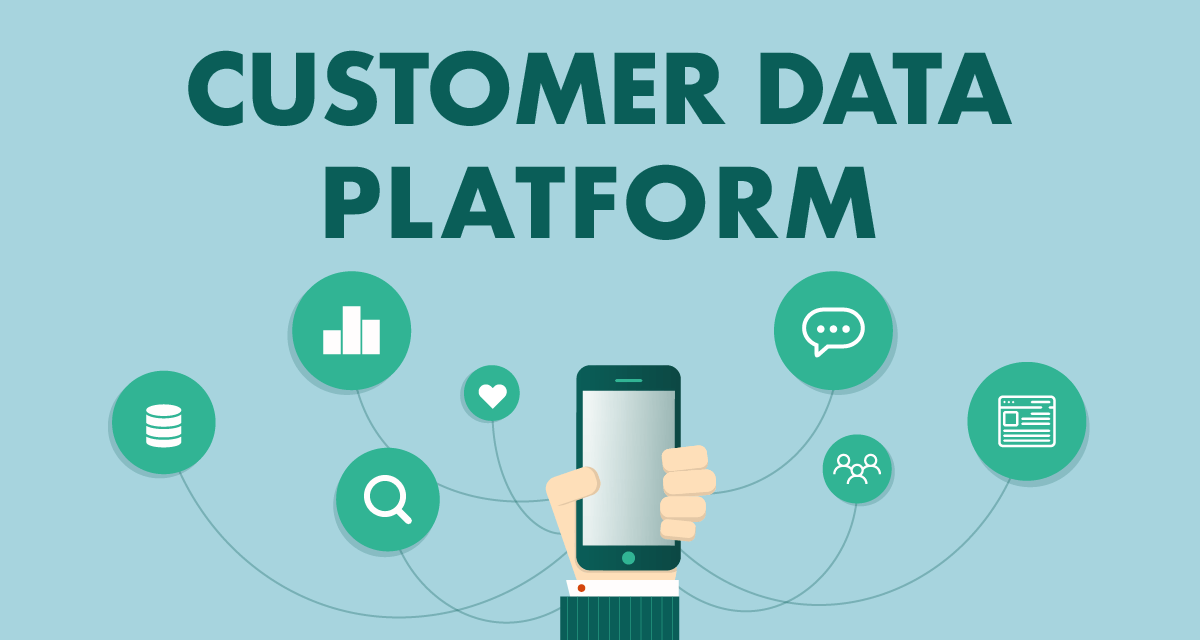
Unveiling the Power of Customer Data Platforms: A Key to Personalized Marketing
In today's data-driven marketing landscape, understanding and engaging with your customers on a deep level is not just an advantage—it's a necessity. Enter the Customer Data Platform (CDP), a sophisticated tool designed to help businesses achieve exactly that. Unlike traditional Customer Relationship Management (CRM) systems, CDPs offer a comprehensive solution for integrating and analyzing customer data from a myriad of sources, paving the way for truly personalized customer experiences. This article explores the critical role of CDPs in modern marketing, their advantages over CRMs, and why every organization aiming for relevancy in the digital age should consider implementing a CDP tool.
The Essence of a Customer Data Platform
At its core, a Customer Data Platform is a software that collects, integrates, and manages customer data across various touchpoints. This data encompasses both online and offline interactions, from web browsing patterns and social media engagement to in-store purchases and customer service interactions. By harmonizing this data into unified customer profiles, a CDP enables marketers to gain a holistic view of their customers' behaviors, preferences, and needs.
What sets a CDP apart is its ability to aggregate and organize data from disparate sources in real-time, ensuring that the customer profiles are always up-to-date and actionable. This capability allows for dynamic segmentation, predictive modeling, and the delivery of personalized content and recommendations across all channels, significantly enhancing the customer experience.
CDP vs. CRM: Understanding the Difference
While both CDPs and CRMs play essential roles in managing customer relationships, their focus and functionality differ substantially. CRMs are primarily concerned with managing direct interactions between the company and its customers, such as sales activities, support tickets, and contact management. They excel in operational efficiency and process management but offer limited insights into customer behavior outside of direct interactions.
On the other hand, a CDP delves deeper into the customer's journey, capturing and analyzing data from every touchpoint, both within and beyond direct interactions. This comprehensive data collection enables businesses to understand not just the "what" of customer behavior but the "why" behind it. By leveraging this insight, companies can craft more relevant and engaging marketing strategies, fostering stronger customer relationships and driving loyalty.
Why Your Organization Needs a CDP Tool
In the era of personalization, where customers expect brands to understand their needs and preferences, having a CDP tool is no longer optional—it's critical. Here are several reasons why your organization should consider implementing a CDP:
Unified Customer View
The fragmented nature of customer data across different platforms and channels can be a significant barrier to understanding your audience. A CDP solves this problem by integrating data from all sources into a cohesive customer profile, providing a single source of truth that can be leveraged for targeted marketing efforts.
Enhanced Customer Experiences
With a deep understanding of each customer, businesses can deliver highly personalized experiences that resonate with their audience. From customized emails to tailored product recommendations, a CDP enables companies to meet and exceed customer expectations, leading to increased engagement and loyalty.
Data-Driven Decision Making
The rich insights generated by a CDP equip marketers with the information needed to make informed decisions about their strategies and campaigns. This data-driven approach ensures that marketing efforts are not only more effective but also more efficient, optimizing resource allocation and maximizing ROI.
Competitive Advantage
In a market where differentiation is key to success, the ability to offer personalized experiences can set a brand apart. A CDP provides the foundation for these experiences, giving businesses a competitive edge in attracting and retaining customers.
Implementing a CDP Tool: Key Considerations
Embarking on the journey to implement a Customer Data Platform requires careful planning and consideration. Here are a few key factors to keep in mind:
- Data Integration: Ensure that the CDP can seamlessly integrate with your existing data sources and technology stack.
- Scalability: Choose a CDP that can grow with your business, capable of handling increasing volumes of data and complexity.
- Compliance: With data privacy regulations becoming increasingly stringent, it's crucial to select a CDP that adheres to all relevant laws and guidelines.
- Vendor Support: Consider the level of support and training provided by the CDP vendor, ensuring a smooth implementation process and ongoing success.
Conclusion
As businesses strive to meet the ever-evolving expectations of their customers, the importance of personalized marketing cannot be overstated. A Customer Data Platform represents a powerful tool in the quest for personalization, offering unparalleled insights into customer behavior and preferences. By embracing a CDP, organizations can not only enhance their marketing efforts but also forge deeper, more meaningful connections with their customers. In the digital age, a CDP is not just an investment in technology—it's an investment in customer relationships and the future success of your business.